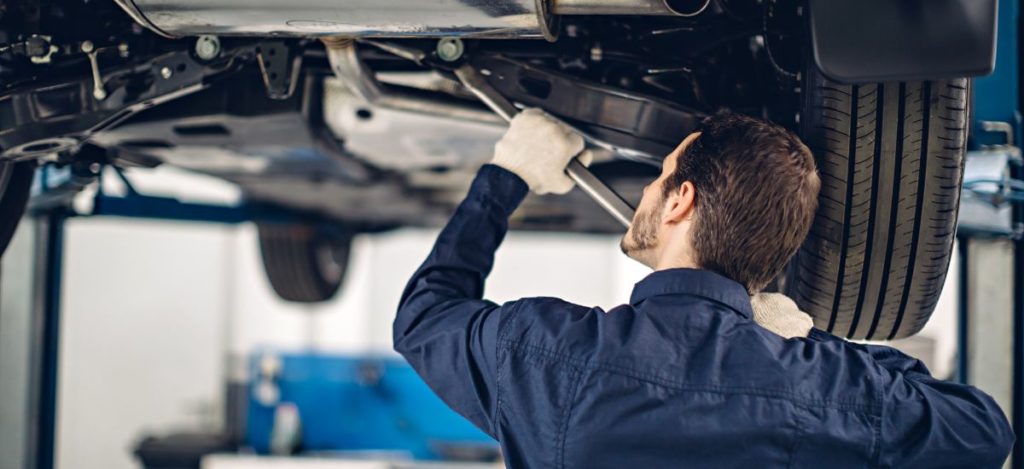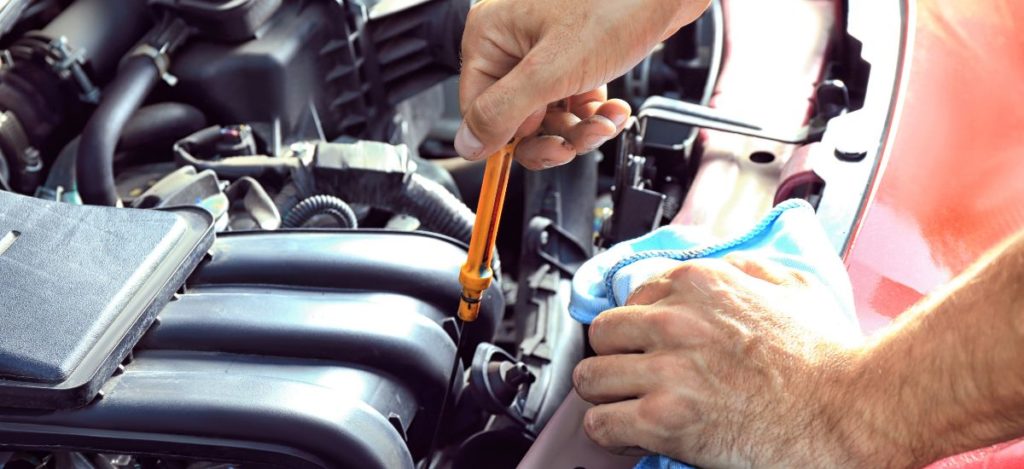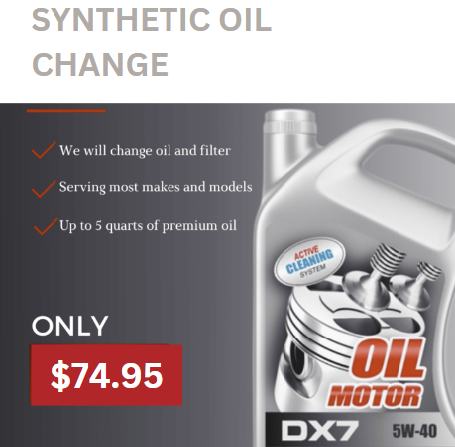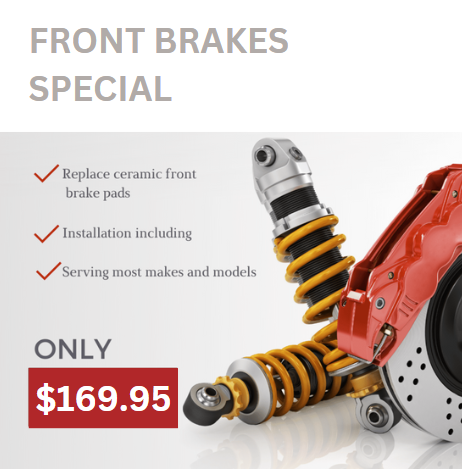Cost Guide for Brake Service: Expert Tips by Dr Brakes
Your car’s brakes are one of the most important safety features, and keeping them in good condition is essential for your safety on the road. Regular brake service can help ensure your brakes work correctly and prevent costly repairs. But how much does the brake service cost? In this post, we will break down all brake service costs, including factors that influence pricing.
We will also provide a comprehensive guide to maintaining brakes to reduce service costs. At Dr Brakes, we understand that quality customer service and expertise are as important as price. That’s why we offer expert tips on maintaining your brakes, identifying warning signs, and extending their lifespan.
Understanding the Importance of Regular Brake Service
Regular brake service is essential to ensure optimal performance and safety when driving. Neglecting brake service can lead to costly repairs and even potential accidents. It is essential to pay attention to your braking system, including the brake pedal and brake fluid. Regular brake service keeps you safe on the road and extends your braking system’s lifespan. By addressing any issues early on, you can avoid more significant problems. Remember that taking care of your brakes is crucial to overall vehicle maintenance.
Factors Affecting Brake Service Costs
The cost of brake service can vary widely based on several factors. Here are some of the key considerations:
1. Type of Brake Pads – Brake pads come in various materials, including ceramic, semi-metallic, and organic. Ceramic brake pads, known for their durability and low noise levels, are pricier than other options. When choosing brake pads, consider your driving habits and the manufacturer’s recommendations for your vehicle.
2. OEM vs. Aftermarket Parts – Choosing Original Equipment Manufacturer (OEM) brake components can be more expensive than opting for aftermarket parts. While OEM parts are designed to precisely match your vehicle’s specifications, aftermarket options may offer more affordable alternatives.
3. Location of Service – Brake service costs can vary depending on where you get the work done. Dealerships, car care centers, and independent mechanics may have different pricing structures according to different locations. Shopping around and comparing quotes can help you find the most affordable option.
4. Emergency Brake and ABS Systems – If your vehicle has additional features like an emergency brake or an Anti-Lock Braking System (ABS), servicing these components may add to the overall cost.
5. Miles Driven – The miles you’ve driven on your current brake pads and rotors can impact the service cost. Vehicles with higher mileage may require more extensive brake repairs.
Identifying When Your Car Needs Brake Service
- Squeaking or Squealing Noise: If you hear high-pitched noises when you apply the brakes, your brake pads are likely worn and need replacement.
- Vibrations or Pulsations: If you feel vibrations or pulsations through the brake pedal when braking, it may be due to warped brake rotors.
- Reduced Braking Performance: If your car takes longer to stop or the brakes feel less responsive, it’s time to have them checked.
- Warning Lights: Modern vehicles often have dashboard warning lights that illuminate when there’s an issue with the brake system. Pay attention to these warnings.
- Pulling to One Side: If your car pulls to one side when you brake, it could indicate uneven brake pad wear or a problem with the brake calipers.
- Low Brake Fluid: A low brake fluid level can lead to a spongy brake pedal and reduced braking performance. Check your brake fluid reservoir regularly.
- Burning Smell: A burning odor when you brake could suggest overheated brake pads or a dragging brake caliper.
Warning Signs That You Should Not Ignore
If you start hearing squealing or grinding noises when you apply your brakes, it’s likely that your brake pads are worn and need to be replaced. Another warning sign is a pulsating brake pedal, which could indicate a warped rotor. Leaking brake fluid is a serious issue that can lead to brake failure if not addressed promptly.

If you notice a burning smell after braking, it’s essential to schedule a brake service as soon as possible. Finally, if your vehicle’s responsiveness when braking is reduced, it poses a safety concern and should not be ignored. Ensure your safety by addressing these warning signs promptly.
Brake Service Pricing: What to Expect
To give you a ballpark estimate, here are some approximate costs for standard brake services:
- Brake Pad Replacement: This service can cost anywhere from $100 to $300 per axle, depending on the quality of the brake pads and labor charges.
- Brake Rotor Replacement: Replacing brake rotors can range from $150 to $800 per axle, depending on the type of rotors and whether they need to be resurfaced.
- Labor Costs: Labor charges can vary from $50 to $150 per hour, depending on the shop’s rates and location.
- Additional Repairs: If additional repairs are needed, such as caliper replacement or brake line repair, expect to pay extra. Costs can vary widely based on the extent of the repairs.
- DIY vs. Professional Service: DIY brake pad replacement can cost as little as $30 to $100 for a set of brake pads, but you’ll need the necessary tools and skills. Professional service ensures proper installation but comes at a higher cost.
Expert Tips for Saving on Brake Service
Now that you have a better understanding of the factors that affect brake service costs, here are some expert tips to help you save money while ensuring your safety on the road:
- Regular Maintenance: Routine maintenance, such as brake inspections and fluid checks, can catch issues early and prevent costly repairs down the road.
- Compare Quotes: Don’t hesitate to shop and get quotes from different service centers. Prices vary; you may find a more affordable option without compromising quality.
- Use Aftermarket Parts: While OEM parts have advantages, aftermarket brake components can be cost-effective alternatives that meet safety standards.
- DIY Brake Pad Replacement: If you’re handy with tools, consider replacing the brake pads yourself. It’s a relatively straightforward process that can save you on labor costs.
- Address Issues Promptly: If you notice brake problems, such as squeaking, grinding, or vibration, address them promptly. Ignoring these issues can lead to more extensive and costly repairs.
Conclusion
Your car’s braking system is not an area to skimp on maintenance. Ensuring your brakes are in optimal condition is essential for your safety and the safety of others on the road. While the cost of brake service can vary based on multiple factors, taking a proactive approach to maintenance and making informed choices can help you manage the expenses associated with brake service.
Remember that expert advice and regular inspections are your best allies in keeping your brakes in top-notch condition. By understanding the factors that influence brake service costs and following the tips provided, you can confidently navigate the brake service world and keep your car’s stopping power at its best.

FAQs About Brake Service Costs and Maintenance
What factors affect the cost of a brake replacement job?
The cost of a brake replacement job depends on a number of factors, including the type of vehicle, the quality of brake components used, and labor charges.
Are brake service costs different for luxury cars like Mercedes?
Brake service costs for luxury cars like Mercedes can be higher due to the brake components’ higher quality and performance standards.
What is a master cylinder, and how does it impact brake service costs?
The master cylinder is a vital component of the brake system. If it malfunctions, it can significantly increase brake service costs as it may need to be replaced.
How often should I replace my brake pads?
The frequency of brake pad replacement varies depending on your driving habits and the type of brake pads used. On average, every 30,000 to 70,000 miles is an expected range.
Are different brake pads available, and do they affect the cost?
Yes, there are different types of brake pads, such as organic, ceramic, and semi-metallic. The type you choose can impact the cost, with premium pads costing more.
Do I need a brake job if my car’s brakes are making a squeaking noise?
Not necessarily. Squeaking noises can be an early warning sign, but a professional inspection will determine if a brake job is needed.


